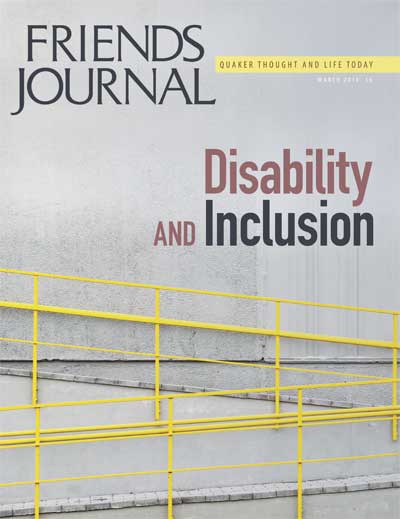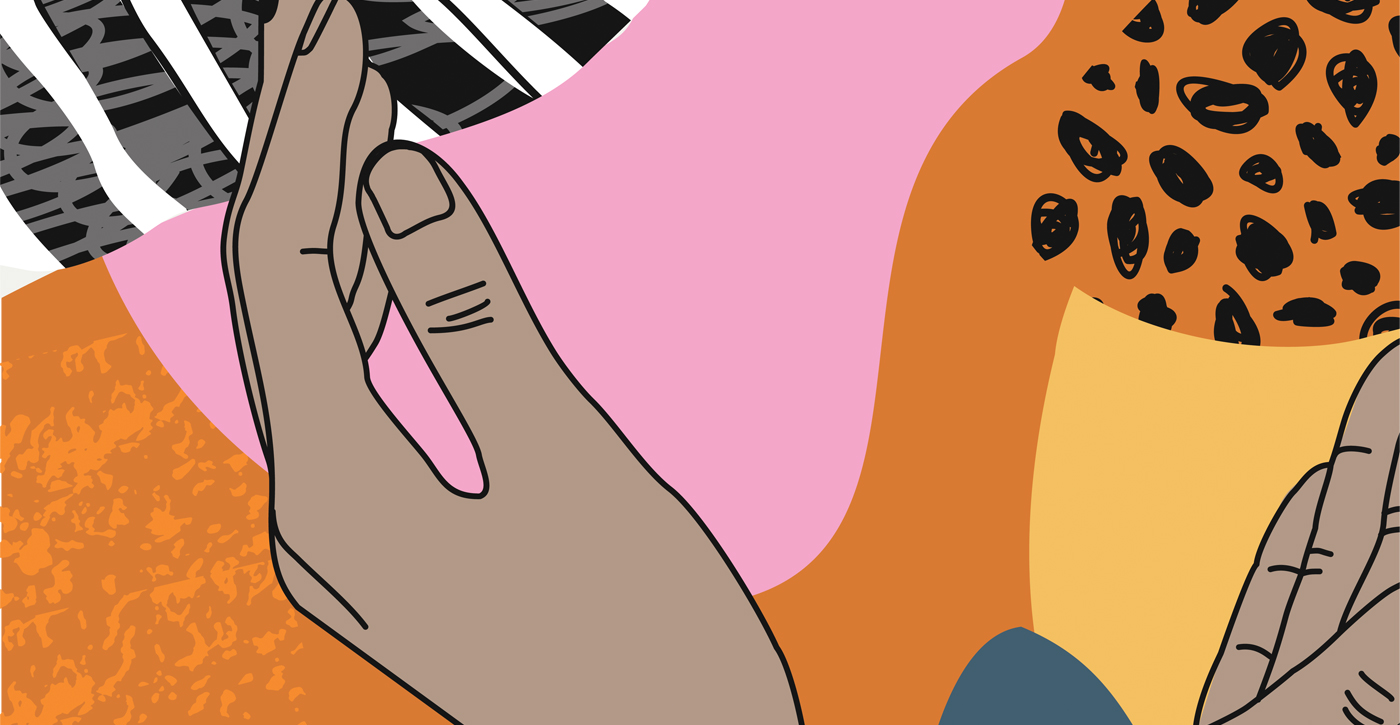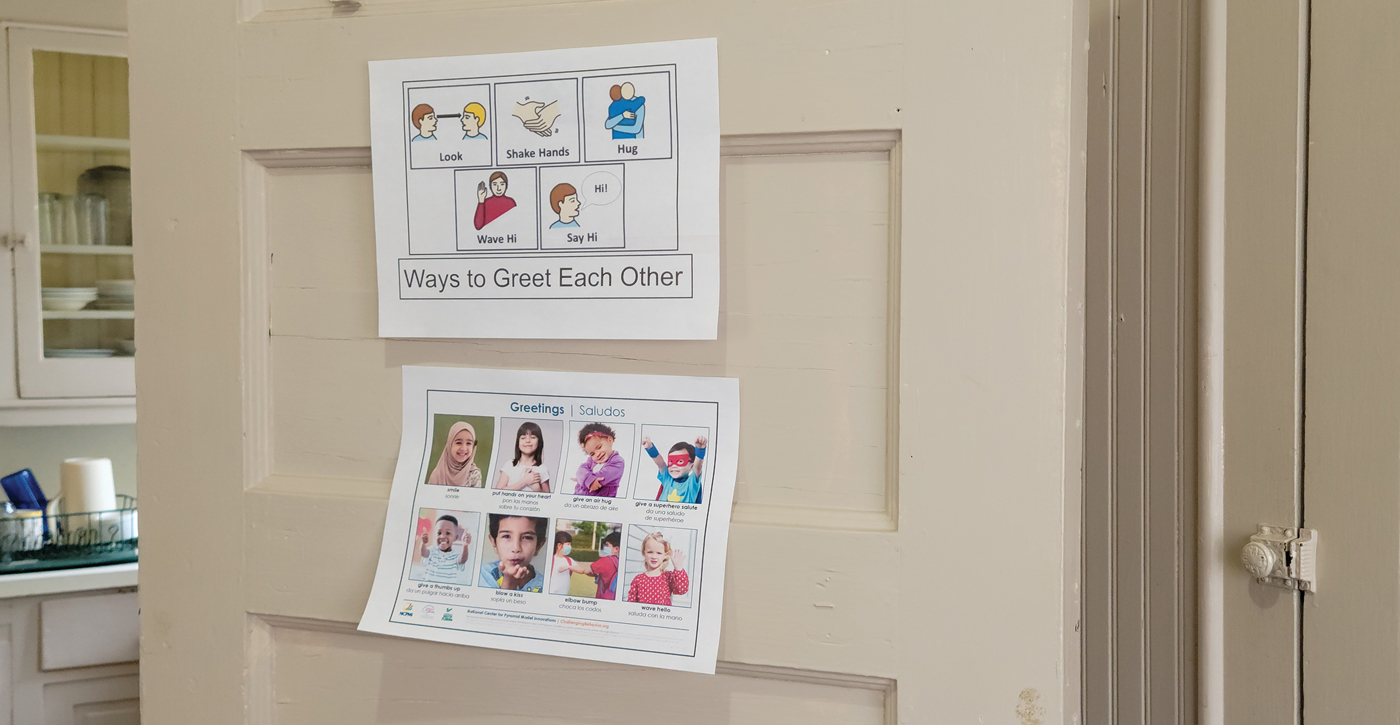I’ve begun to notice a common thread running through my conversations with Friends over the last few years: how far do we go to listen to and accommodate those who somehow don’t fit in?
If our unwritten rules and customs don’t work for a visitor, do we find ways to educate or work with them? If someone walks into the meetinghouse with a spiritual language or political worldview that doesn’t match ours, do we find ways to ensure they’re still welcome? What do we do to support potential members of our community that can’t make it into our worship spaces on Sunday mornings because of the time or because of access issues?
How do we decide when the group should adapt to make our worship community more accessible? How do we prioritize those who are more vulnerable or most likely to be overlooked? Do we not need a wheelchair ramp because we don’t get wheelchair visitors, or do we not get those visitors because we don’t have a ramp?
In “Accommodating Embodiment within Our Meetings” (p. 6), Helen Kobek reminds us that we are all corporeal beings. Our entire built environment is conscious adaptations to the needs of our bodies. Our worship spaces have steps and walls and roofs and electrical systems powering lights. We install expensive bathrooms and kitchenettes. Heating and air conditioning bills dominate our meeting budgets. We buy property alongside roads and provide parking spaces and signage, all to accommodate access.
We can adapt our spaces to support physical needs we sometimes don’t consider. Maryhelen Snyder recounts her meeting’s investment of attention to her declining hearing; the process was so positive that she named her piece “Love Story” (p. 8).
Not every inclusion challenge involves obvious physical impairments. Veronica Berg (p. 17) shares a vivid story of sensory overload in the cafeteria line at a Quaker gathering and shares how autistic people often have to prepare for and weather overwhelming auditory and visual stimuli at large group events.
Just talking about disabilities can be difficult. When we posted an online call for submissions for this issue on a Facebook group for Friends with disabilities, it prompted a long comment thread on our choice of language. Some concerns were never resolved. In the end this loving community of online Friends agreed only that “Disability and Inclusion” was the least controversial of possible titles. It felt like the group conversation that led to that decision wasn’t extra work but part of the work.
Indeed, it’s a fair question whether it’s useful to lump together all of the conditions we think of as “disabilities.” We think there is a need to talk about inclusion, knowing full well that the conversation ultimately includes those of all abilities. If we are to continue building the beloved community, we need to keep reaching out across race, genders, cultures, and politics.
Maybe in the end, the language we come together around is only as important as the care we give to our listening and the effort we give to including all of us. The dialectic of deep listening followed by loving action followed by continued listening is an effort of love. It feels like a very Quakerly way of proceeding.






Comments on Friendsjournal.org may be used in the Forum of the print magazine and may be edited for length and clarity.